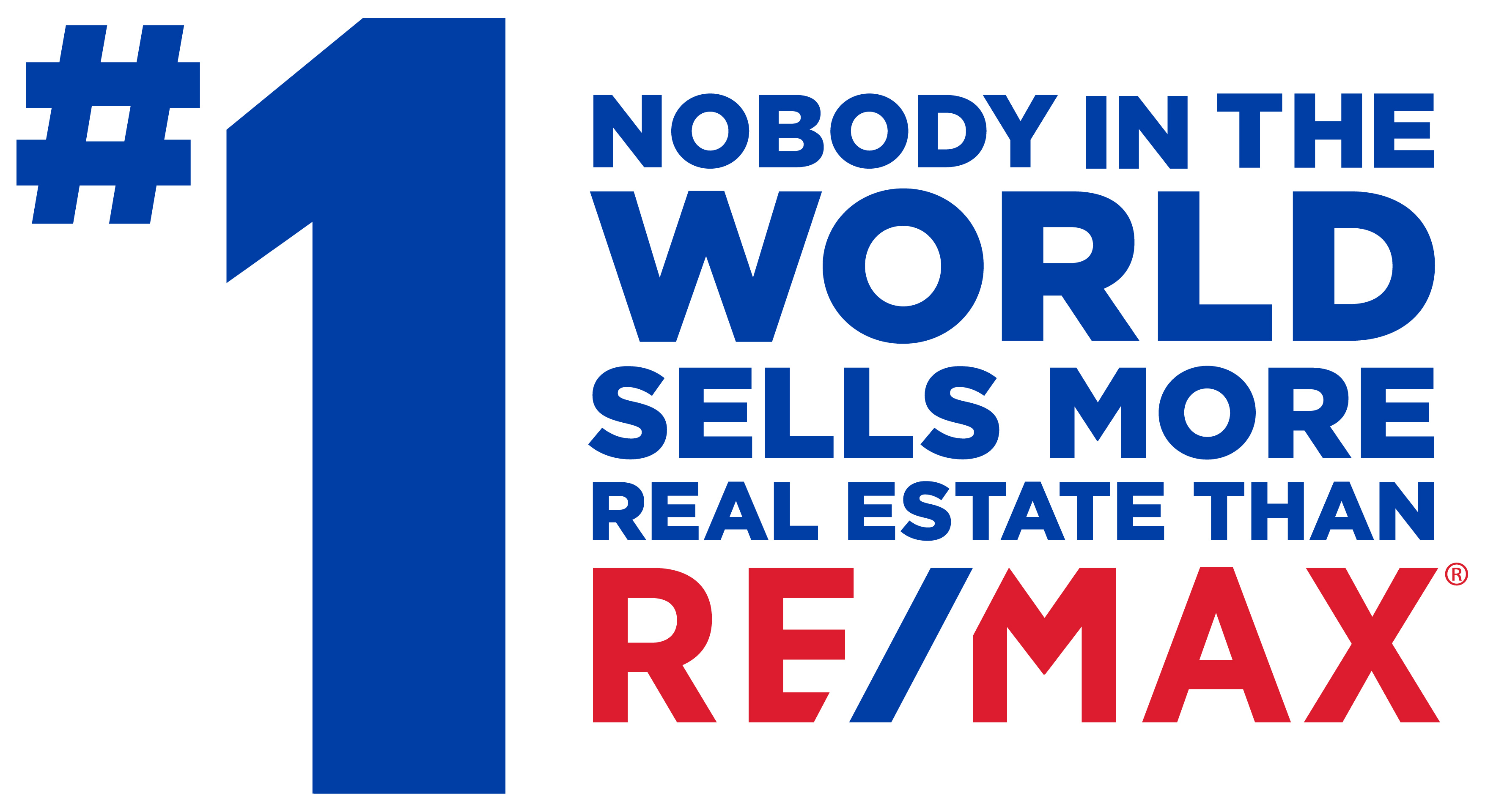What Are The Qualifications & Consequences for a Short Sale?
Before you pursue a short sale solution to your financial dilemma, you need to be sure that you can meet the requirements to qualify, and you are prepared for the financial consequences.
Do You Qualify For A Short Sale?
To satisfy the requirements, you will need to show evidence including:
Prove That The Home's Market Value Has Dropped
You must provide substantiation with hard comparable sales to provide that the home is worth less than the unpaid mortgage balance. This unpaid balance may include a prepayment penalty.
Show That The Mortgage is in or Near Default Status
If your payments are current now, you can still qualify by showing that you are no longer able to sustain them
Demonstrate that You Have Fallen on Hard Times
The lender requires a letter of hardship that explains why you cannot pay the difference due upon sale, including why you have or will stop making the monthly payments.
Examples of hardship are:
- Unemployment
- Divorce
- Medical emergency / sudden illness
- Bankruptcy
- Death
Prove That You Have No Assets
The lender will probably want to see a copy of the your tax returns and / or a financial statement. If the lender discovers undisclosed assets, the lender may not grant your short sale because they may conclude that you have the resource to pay the shorted difference. If you have assets, you may still be granted a short sale but could be required to pay back the shortfall.
For example, if you have cash in a savings account, own other real estate, stocks, bonds or even IRA accounts, the lender will most likely determine that you have assets. However, the lender might discount the amount you are required to pay back.
While other entities may profit from short sales, you are not allowed to receive profits.
What Are The Financial Consequences?
A short sale is dependent on a buyer making an offer to purchase. If you do not receive an offer, you will not qualify for a short sale. So even if you meet all the other criteria, it is possible that no one will buy the short sale. It is also dependent on the lender accepting the buyer's offer. If the lender rejects the offer, a short sale will not take place.
What Are The Tax Consequences?
If the lender agrees to the short sale, the lender may issue you a 1099 for the shorted difference, due to a provision in the IRS code about debt forgiveness. Many situations are exempt from debt forgiveness, according to the Mortgage Forgiveness Debt Relief Act of 2007.
You should speak to a real estate lawyer and a tax accountant to determine the amount of short sale tax consequences, and whether you can afford to pay those taxes, if any.
What Is A Blemished Credit Report?
While a short sale will not show up on your credit report, the loan status will. For those in default, it's a pre-foreclosure that has been redeemed, which is often reported as Paid in Full for Less Than Agreed. Short sales affect credit ratings.
Always seek legal counsel before attempting to pursue a short sale. A real estate agent cannot give you legal advice.
What Are The Consequences Of Foreclosure or Deed-in-Lieu of Foreclosure?
Both of these solutions affect credit in the same way. Your credit score will take a hit of 200 to 400 points, depending on overall condition of credit. This means if a seller's FICO score before foreclosure was 680, it could dip as low as 280.

